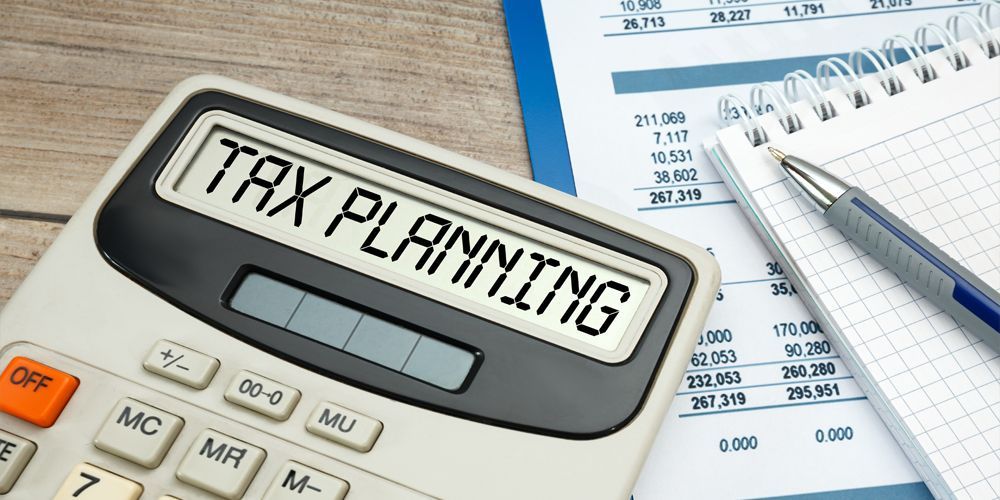The $3.0m Super tax is coming back – what do we know?
Earlier this year Labor’s Division 296 tax bill (the $3.0m super tax) was abandoned in Parliament as the Government did not have the numbers in the Senate to get it through.
However, with Labor’s strong election result and now only needing the support of the Greens, you can guarantee this legislation will be reintroduced to Parliament at the first opportunity.
There has been plenty of articles written about this tax. Unfortunately, it is common for important information to be excluded from many of these articles.
Most articles concentrate on the fact the tax applies to earnings on a taxpayer’s portion of superannuation savings above $3.0m. However, the $3.0m threshold is not the real issue – the main issue is the definition of “earnings”.
Earnings for the purposes of the Division 296 legislation are effectively defined as “movement in member balance” after taking into account after-tax contributions and withdrawals.
For members of Self-Managed Super Funds (SMSFs), this means the tax will apply on movements in asset values, including direct property, Australian shares and overseas equities.
Therefore, Division 296 tax will apply on profits your SMSF has not made and may never make! You are effectively paying tax on a hypothetical profit!
The majority of taxpayers with superannuation savings above $3.0m are prepared to pay a higher rate of tax, but only on ACTUAL earnings, not on possible earnings!
At the time of writing the legislation has not yet been re-introduced to Parliament, however it is likely the first assessment date will be on 30 June 2026. This is what we currently know:
· The tax will be levied in an individual taxpayer’s name, not the Super Fund. It is understood provisions will exist for the member to apply to their Super Fund to release fund to pay Division 296.
· Any negative movements in your member balance will not attract a cash refund of tax previously paid, they can only be used against future Division 296 gains.
· The Government has remained steadfast the $3.0m threshold will not be indexed. This means more taxpayers will be subject to the tax over time.
· If you are not able to satisfy a Condition of Release (eg are under age 65 and cannot satisfy a retirement condition), you will have no ability to withdraw assets from your Super Fund to reduce your member balance.
What should you do now?
It is best to do nothing for now – any premature sale or withdrawal of assets in an SMSF could lock in taxable gains as well as eroding your superannuation savings without the ability to re-contribute.
It is best to wait until actual legislation has been tabled, so we know what we are dealing with.
More GTP Articles






